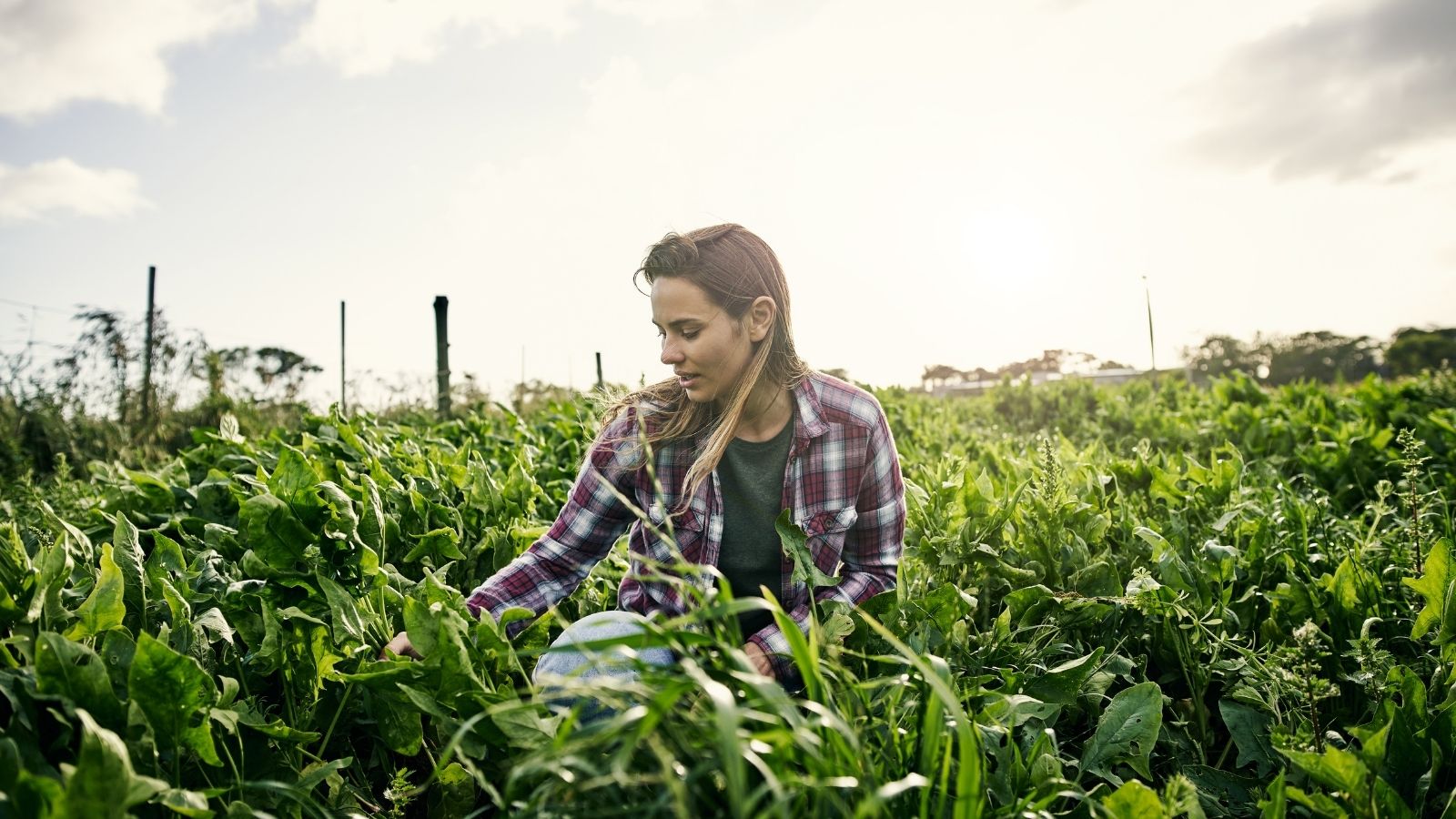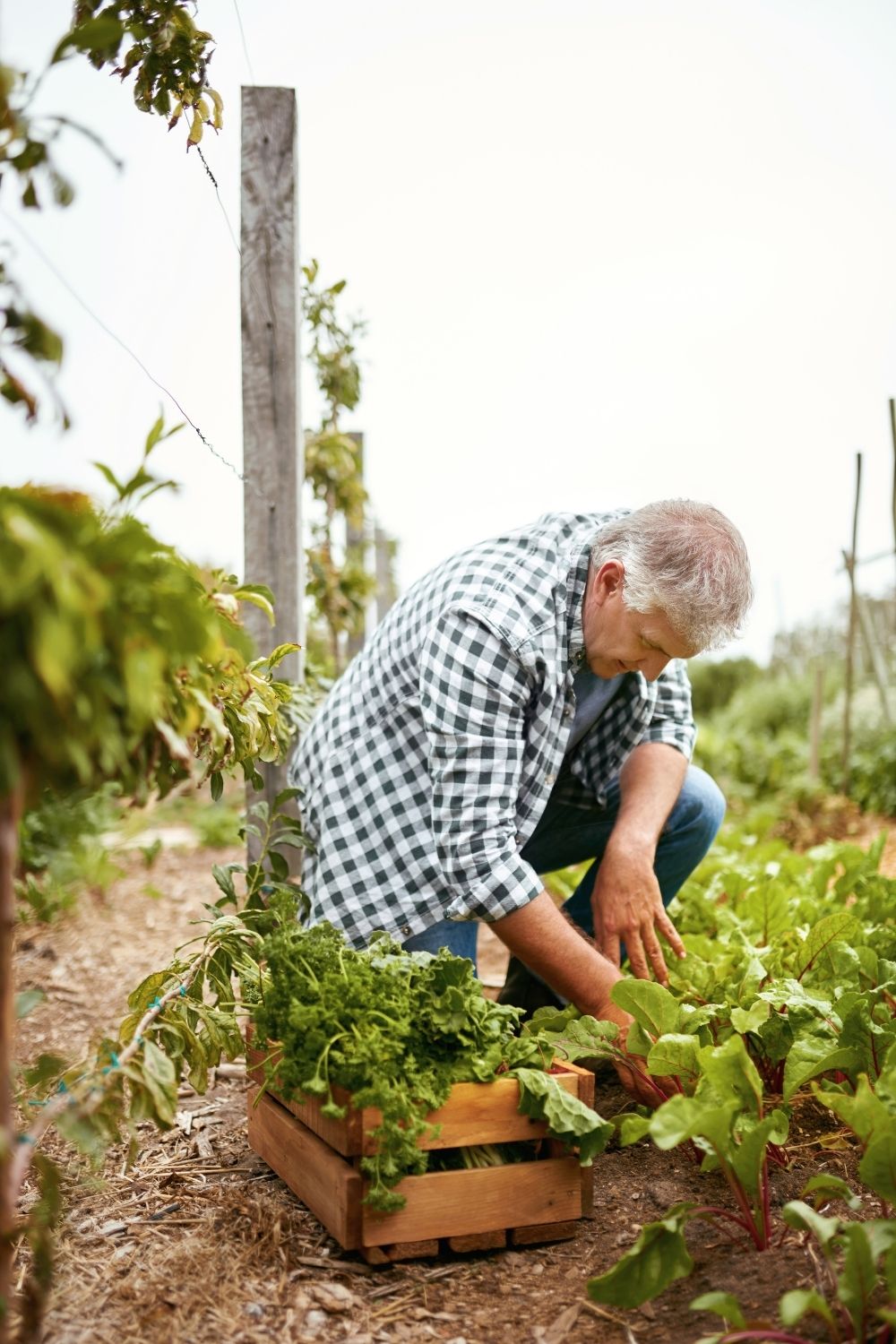The word organic means food or crops that are grown without the use of GMOs or bioengineered genes, synthetic herbicides, pesticides and fertilizers. Nowadays, you can buy a lot of organic whole foods online. They are plentiful and considered healthy and lacking in any of the unnatural poisons or toxins that could enter your body. These poisons will not kill you right off but are known to cause many diseases. Thus, organic wholefoods are often seen as a way to live longer or healthier.

Organic wholefoods include livestock for meat, eggs and dairy products. The animals are raised in natural conditions and are treated humanely. They are allowed to graze on pasture and are typically not given antibiotics, growth hormones and animal by-products. They are equally given organic feed.
The Difference Between Organic and Non-Organic Vegetables
Organic vegetables are grown with natural fertilizers such as manure and compost while non-organic food is often grown with chemical fertilizers. With organic food, weeds are controlled by crop rotation and hand-weeding. Non-organic vegetables are given chemical herbicides to stop weeds from growing or killing weeds after birth. Birds, insects and traps are how pests are handled with organic vegetable growing, while synthetic pesticides are used in non-organic greens.
The Difference Between Organic and Non-Organic Dairy, Meat and Eggs
The way disease is handled in organic dairy, meat and eggs are via clean housing and a healthy diet. Livestock has access to the outdoors and is allowed to roam freely. In non-organic methods, antibiotics and medicine are used to cure or prevent illness. Growth hormones are given to the animals, and many of them are often so fat they cannot walk. This produces fatty meat and chicken.
How Organic Food Can Impact Your World
There are many benefits to organic food. They have more antioxidants and other nutrients than non-organic food. They have no chemicals and preservatives, and many people with allergies find that they should eat organic food.
Organic farming may also be better for the environment. Typically, less pollution is observed, as well as conservation of water reduced soil erosion and increased fertility. Perhaps the biggest benefit of all that organic farming has is that it uses less energy than non-organic or normal farming.

Additionally, people and animals are healthier because they are not exposed to pesticides. Sickness like mad cow disease is lessened. In one experiment, Omegaexperiment, Omega-3 fatty acids were seen to be higher in organically-grown animals than their normally-raised counterparts. Plants that have become resistant to pesticides and have been altered unnaturally are not.
The money made in organic farming often goes directly to the farmer and not large corporations. Gas is used less because highly processed food needs to be gassed when unripe to ripen for selling. Preservatives, irradiation and other necessities to keep non-organically grown food fresh costs a lot of money.
The most important factor to consider when switching to organic wholefoods is that it does not contain GMOs that severely impact health. Non-organic soybeans, zucchini, papaya and canola are just some of the food in which dangerous chemicals can be found. If ingredients in food have corn syrup or soy lecithin, it means the food has GMOs, which can cause birth defects in unborn children. The World Health Organization announced glyphosate to be probably carcinogenic to humans. The other risks of other poisons found in non-organically grown food are plentiful.
If you want to make the change to organic wholefoods, there are plenty of places both online and offline, which sell them. Do a quick a search, and there will surely be a place near you which sells organic food.
